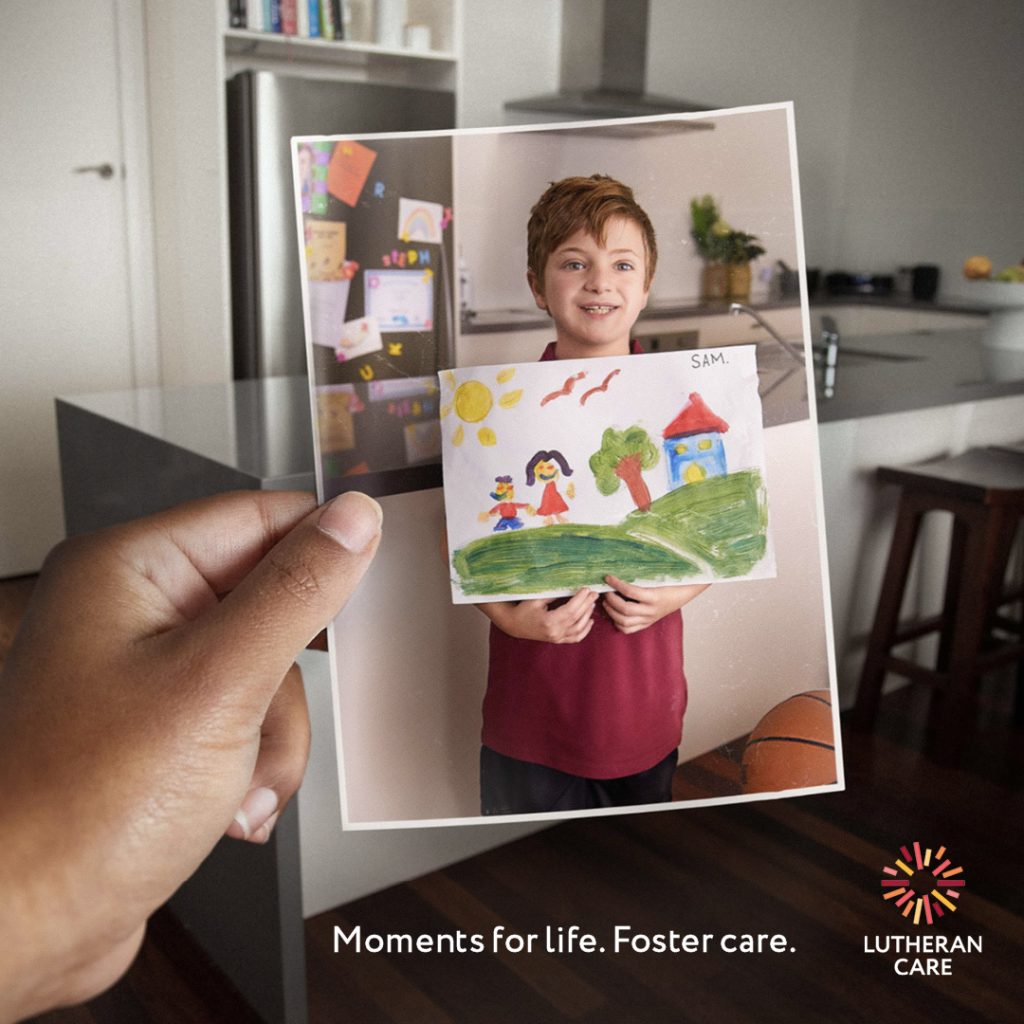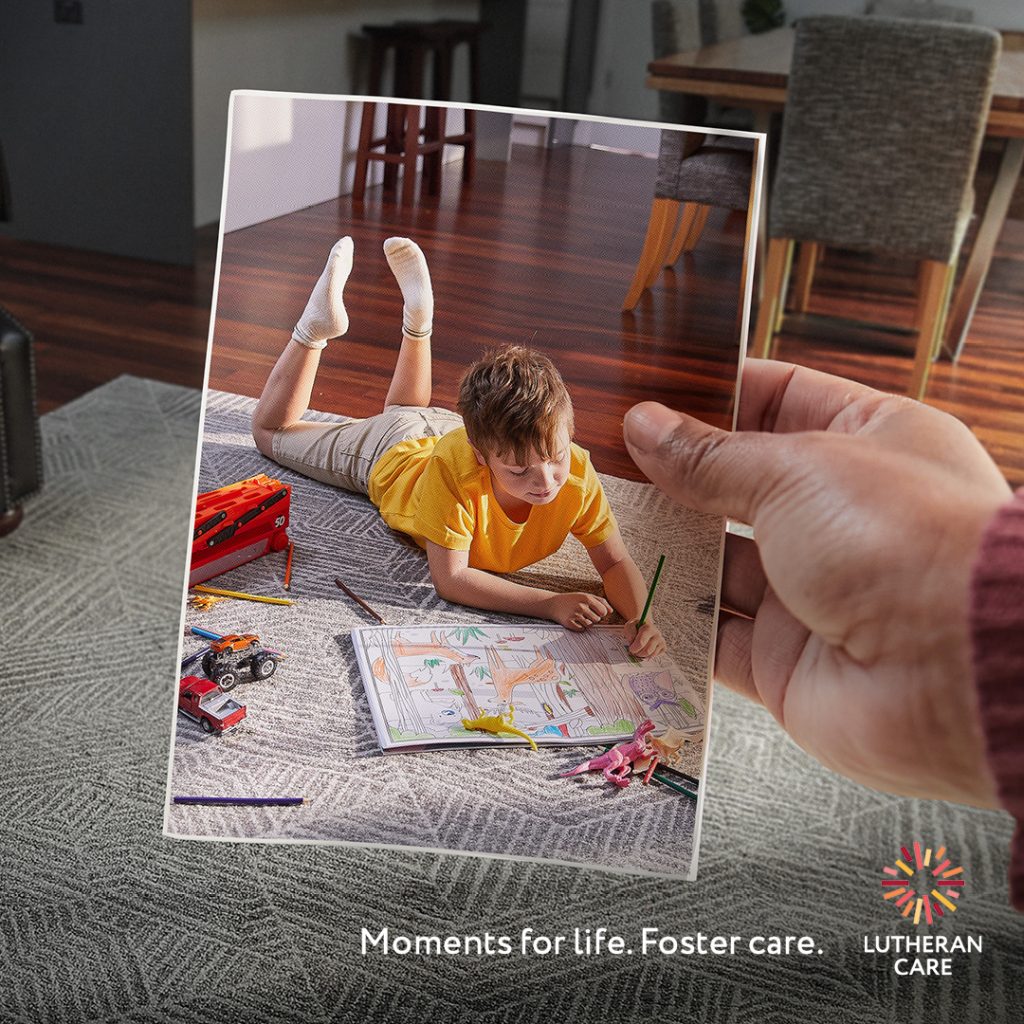
Types of Foster Care
Lutheran Care Foster Care Services provide a range of care options that foster carers can choose from.
Both our Generalist Care and Specialist Care programs are therapeutic in nature. We exist to provide quality support to families and stable placements for children to help them heal, grow and thrive.
We provide various types of care including Short Term (Immediate Response), Short Term (12 months), Long Term and Respite Care. Many foster carers register for multiple types of care.
Generalist Foster Care provides various care options (Short Term, Long Term and Respite) for children and young people of all ages and cultural backgrounds.
Specialist Foster Care equips and supports families caring for older children and young people with significant and complex needs.
Regardless of the type of care you provide, as a Lutheran Care Foster Carer you are a key partner in the care team. We walk alongside you and offer personalized, 24/7 support to all Lutheran Care foster families.
Generalist Foster Care
Generalist Foster Care
Specialist Foster Care
Specialist Foster Care
Respite Foster Care
Respite Foster Care
Types of Foster Care
Short Term Care - Immediate Response
Short Term Care may be urgently required at any time and on very short notice.
Children and young people may require an initial placement up to 90 days. This provides children and young people with safety and stability while their allocated Department for Child Protection Social Worker and the extended Care Team determine a longer term plan. There are a lot of unknown variables within this initial placement. In time, children and young people may be supported to reunify with their biological parents; they may be supported to live with extended family members in a Kinship Care arrangements; or there may be another significant adult who already has an established relationship with the child available to provide long term care. While these different options are explored, we acknowledge that children’s attachment needs are foundational to their social, emotional and cognitive development. We can best support them to develop healthy attachments by offering placement stability for as long as possible. This means that the children and young people may only stay with you for a couple of weeks, or a couple of months. Either way, we support Immediate Response Short Term carers to care for children and young people at short notice, with the flexibility to provide the care for as long as they’re needed.
Types of Foster Care
Short Term Care - 12 Months
Children and young people may require Short Term Care for up to 12 months.
This care provides children and young people with safety and stability while their Department for Child Protection Social Worker and the extended Care Team decide on a longer term plan. At the end of this time, a child or young person may be reunified with their birth family, or matched with a long term foster family. In our Short Term care film, Lutheran Care foster carers share how their family reacted to their decision to foster.Types of Foster Care
Long Term Care
Long Term Care provides children unable to live with their family a stable home, safe environment, love and nurture in which they can learn, grow and thrive.
Long Term Care may be required until a child turns 18, or in some cases until the young person turns 21. In our Long Term film, a Lutheran Care foster carer shares why she enquired about foster care and how fostering has influenced her life."A lot of people talk about foster children and what you give to them, but they give a lot in return. I've been given a lot by having them in my life, it's been a real pleasure."
